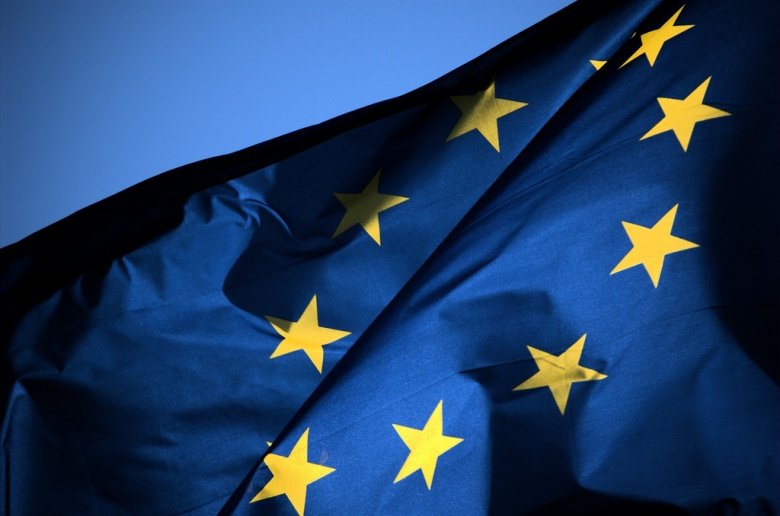
The latest Greek debt deal suggests that the EU leadership is proceeding under the assumption that the EU will eventually be unified financially, even if such an evolution is politically impossible today.
Written By; Foreign Analysis – Aug 23, 2023
The first line of the Preamble to the Constitution reads in part: “We the People of the United States, in Order to form a more perfect Union….” When those words were penned by America’s founders, the nation was anything but united, a collection of loosely affiliated states. The sole significant source of revenue for the federal government was custom levies, a situation that did not change for more than a century. Each state had its own banks, currency and finances separate and apart from one another.
Today in Greece, we have a very different situation. The European Union (EU), whose ancestor was formed in 1957 by the Treaty of Rome as a means of preventing the great continental nations from waging war upon each other ever again, has created an inherently unfair economic relationship between the member states. The EU states share a common market and currency, but still manage their own finances and have economies with different levels of inflation and productivity. Today the nations of southern Europe led by Greece and including Italy, Spain and Portugal are slowly falling behind their wealthier and more productive northern neighbors.
Since 2010, when Greece entered into an agreement with the International Monetary Fund (IMF), the country has borrowed billions not for investment, but to purchase goods and services that the Greek economy could not support. Since EU officials refuse to entertain the notion of debt reduction, the result is ever more debt for Greece—debt that cannot possibly be paid. Greece needs debt relief “far beyond” what European creditors have been willing to consider, including possibly deep “haircuts” on the value of Greek debt, the IMF said in a new analysis. The IMF puts the situation in sharp perspective.
